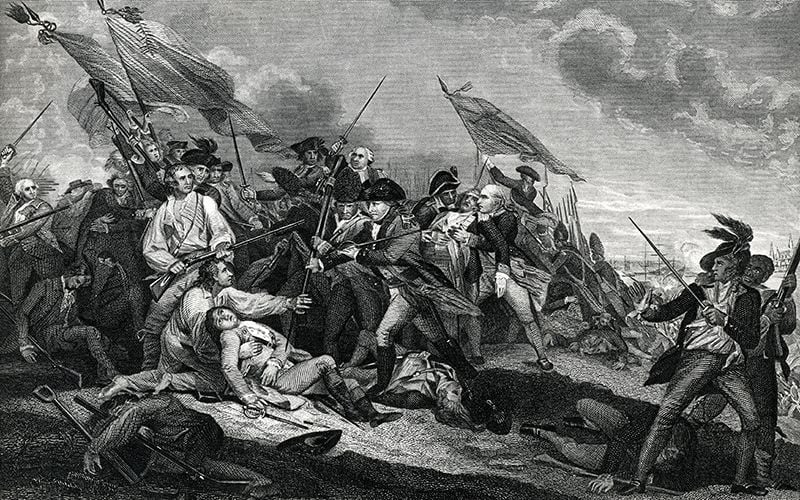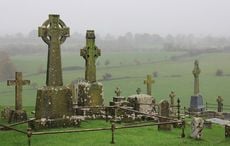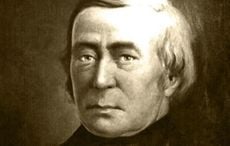50 years ago, on July 18, 1969, the Chappaquiddick incident killed Mary Jo Kopechne and ended Ted Kennedy’s presidential goals.
Today marks half a century since the car accident that ended the life of 28-year-old Mary Jo Kopechne and derailed the presidential ambitions of Ted Kennedy, who by then was the only Kennedy son still living.
Kopechne, originally from Wilkes-Barre, Pennsylvania, was a talented young woman with a blossoming career in political consulting ahead of her. Deeply passionate about civil rights, she began working on Capitol Hill in 1963 after a year of teaching in Montgomery, Alabama.
After working in a secretarial role for Senator Robert F. Kennedy from 1964-67 she began working on his presidential campaign in 1968. Kopechne was one of the Boiler Room Girls, the name given to a team of six women who worked long hours in a hot, windowless office and played a critical role in Kennedy’s campaign. Like all the other campaign workers, they had been devastated by RFK’s assassination.
Read More: Ted Kennedy biopic Chappaquiddick offers glimpse into Mary Jo Kopechne's death
It was through her role as a Boiler Room Girl that Kopechne wound up on Chappaquiddick, an island on the eastern end of Martha’s Vineyard, on the night of July 18, 1969. Senator Ted Kennedy had decided to host a party at the cottage of his friend Sidney Lawrence to thank the Boiler Room Girls. Media would later suggest that the party had a scandalous air to it because all of the women in attendance were single and in their 20s and all of the men were older and, except for one, married.
Despite the many books that have been written and movies made about it, the events of that night have long been shrouded in confusion. The timeline Kennedy testified to is that he and Kopechne left the cottage at 11:15 pm in an effort to make the last ferry back to Edgartown because Kopechne wanted to return to her hotel. However, sources would later say that Kopechne told no one she was leaving and did not take her purse or hotel key with her.
Read More: Hero or villain? Ted Kennedy's darkest hour recalled in Chappaquiddick
Kennedy said that he made a wrong turn on to Dike Bridge, which did not have a guardrail, and his Oldsmobile plunged into Poucha Pond, landing upsidedown. Kennedy was able to escape and said that he dove back in multiple times, attempting to rescue Kopechne, but was unable to.
He walked back to the cottage, lay down for a few minutes in one of the cars parked outside, and then went back in, telling only his cousin Joe Gargan and Paul Markham, his adviser and a lawyer, what had happened. They allegedly returned to the scene of the accident and again tried to rescue Kopechne to no avail. Kennedy then swam to Edgartown, where he was staying, put on dry clothes and made a series of phone calls to family and associates. At one point around 2:30 am, he complained to the innkeeper that some guests having a party were being too loud.
Read More: What is the Kennedy family curse?
It was not until 10:00 am the next morning that Kennedy reported the accident to police. By this time, a fisherman and his son had already spotted Kennedy's car in the water and a diver had excavated Kopechne's body from the wreckage.
The medical examiner, Dr. Don Mills, was satisfied with accidental drowning as the cause of Kopechne's death and did not perform an autopsy. However, John Farrar, the diver would later testify in an inquest that he believed, based on the position of her body when he found her, that Kopechne had died from suffocation.
"Had I received a call within five to ten minutes of the accident occurring, and was able, as I was the following morning, to be at the victim's side within twenty-five minutes of receiving the call, in such event there is a strong possibility that she would have been alive on removal from the submerged car," he said.
Kennedy's account of what happened was also challenged by Chappaquiddick police office Huck Look, who said he had seen Kennedy's car speeding towards Dike Bridge at 12:40 am, not 11:15 pm.
Read More: The 10 most important Irish American news stories of all time
Kennedy was charged with leaving the scene of an accident causing personal injury and pleaded guilty. He received the minimum sentence of two months jail time, which the judge, James Boyle, suspended.
After receiving his sentence, Kennedy made the following live broadcast:
Kopechne's family received approximately $150,000 from Kennedy and his insurance company and did not press further charges. He attended her funeral, held in Plymouth, Pennsylvania, on July 22, 1969.
Kennedy, who had been gearing up for a presidential run, did not run for office until 1980, when he was unsuccessful. He was, however, re-elected as senator seven more times until his death in 2009.
In his memoir, True Compass, which was published shortly after his death, Kennedy described the incident as "a horrible tragedy that haunts me every day of my life."
Read More: Good friends John McCain and Ted Kennedy died on the same day, nine years apart
Kopechne's family were reportedly deeply frustrated with how her life and legacy were largely ignored in the story and attempted to honor her memory through a scholarship fund.
"We've shifted into trying to have Mary Jo's life mean something," her cousin William Nelson told USA Today. "She was kind of glossed over as the girl in the car. It was all about Ted Kennedy. She would have gone on to do great things."




Comments